If your kitchen sink is not draining, the first thing you should check is the garbage disposal. This is a common culprit for a clogged sink. Turn off the power to the disposal and carefully reach inside to remove any large debris that may be blocking the blades. You can also use a flashlight to check for any smaller debris that may be stuck. Once you have cleared the disposal, run water to see if the sink is draining properly.Check the garbage disposal
The next thing to check is the drain stopper. This is the small plug that sits in the drain and can be lifted up or pushed down to allow or stop water from flowing. If this is stuck in the closed position, it can prevent water from draining properly. Lift up the stopper and clean it thoroughly to remove any buildup of hair, soap scum, or food particles. Once it is clean, run water to see if the sink is draining properly.Check the drain stopper
If the garbage disposal and drain stopper are not the issue, try using a plunger to clear the clog. Fill the sink with enough water to cover the bottom of the plunger and create a seal. Place the plunger over the drain and push down and up in a steady motion. This will create suction and may dislodge the clog. If this does not work, move on to the next step.Use a plunger
A drain snake, also known as a plumbing snake, is a long, flexible tool that can be inserted into the drain to break up and remove clogs. Insert the snake into the drain and turn it clockwise while pushing it further down. When you feel resistance, you have likely reached the clog. Continue turning and pushing until the snake can move freely, then pull it out. Run water to see if the sink is draining properly.Try a drain snake
The P-trap is the curved pipe beneath the sink that traps debris and prevents it from entering the main sewer line. This is a common area for clogs to occur. Place a bucket or container beneath the P-trap and use pliers to loosen and remove the nuts holding it in place. Once the P-trap is removed, check for any clogs or buildup inside. Clean it out and reattach it, then run water to see if the sink is draining properly.Check the P-trap
If traditional methods are not working, try using a mixture of baking soda and vinegar to break up the clog. Pour 1/2 cup of baking soda down the drain, followed by 1/2 cup of vinegar. Let the mixture sit for 15-20 minutes, then pour boiling water down the drain to flush it out. This can help break up any stubborn clogs and clear the drain.Use a mixture of baking soda and vinegar
If none of the above methods are working, the issue may be in the main sewer line. Check other drains in your home to see if they are also draining slowly or not at all. If so, there may be a clog in the main sewer line. In this case, it is best to call a plumber to properly diagnose and fix the issue.Check for clogs in the main sewer line
If you have tried all of the above methods and your kitchen sink is still not draining, it may be time to call a professional plumber. They have the tools and expertise to properly diagnose and fix any clogs or issues with your plumbing system. It may cost more, but it can save you time and frustration in the long run.Call a plumber
In some cases, a clog may not be the issue at all. A broken or damaged pipe can also cause a kitchen sink to not drain properly. If you suspect this may be the case, it is important to call a plumber to inspect and repair any damaged pipes. This can prevent further damage to your plumbing system and ensure that your sink is draining properly.Check for a broken or damaged pipe
If you frequently experience clogs in your kitchen sink, it may be worth considering installing a garbage disposal. This can help prevent large food particles from getting stuck in your drain and causing clogs. It is also important to properly maintain your garbage disposal by regularly cleaning it and avoiding putting certain items down the drain, such as grease or fibrous foods. In conclusion, a kitchen sink not draining can be a frustrating problem to deal with. However, by following these tips and tricks, you can troubleshoot and fix the issue yourself or know when it is time to call a professional. Remember to regularly maintain your plumbing system to prevent future clogs and keep your sink draining smoothly.Consider installing a garbage disposal
Kitchen Sink Not Draining? Here's What You Need to Know
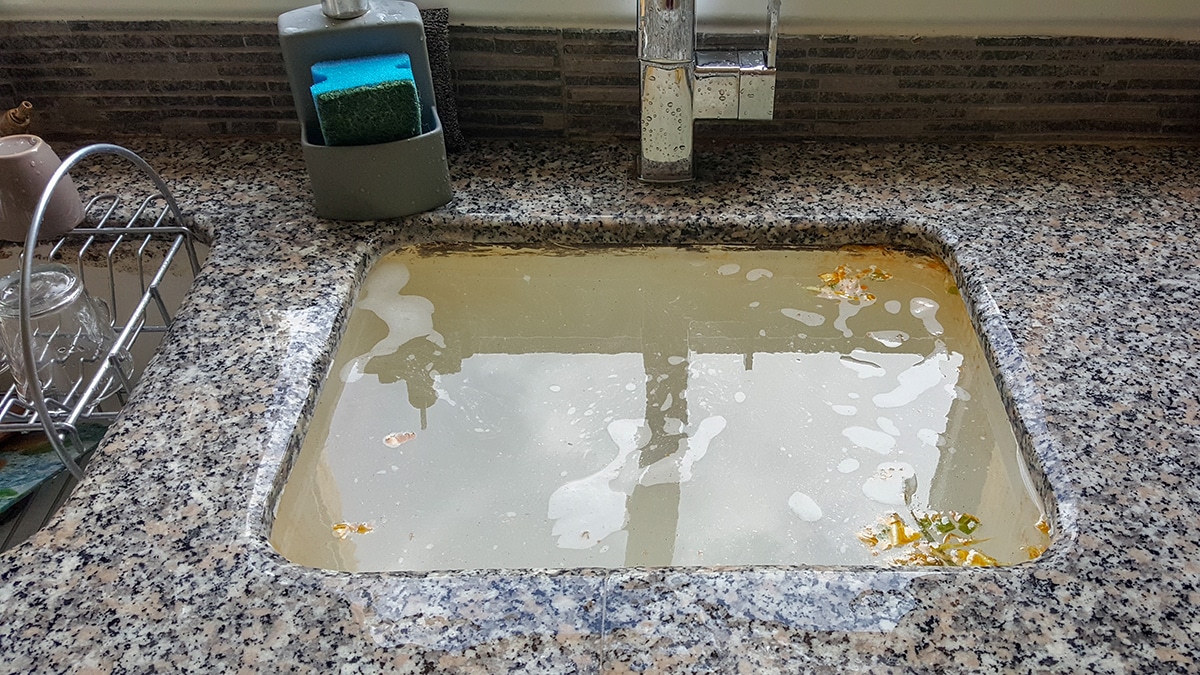
The Importance of a Functional Kitchen Sink
 The kitchen sink is an essential part of any household. It is where we wash our dishes, clean our produce, and even fill up pots for cooking. So when your kitchen sink is not draining properly, it can be a major inconvenience and disrupt your daily routine. You may be tempted to call a plumber right away, but before you do, there are a few things you should know.
The kitchen sink is an essential part of any household. It is where we wash our dishes, clean our produce, and even fill up pots for cooking. So when your kitchen sink is not draining properly, it can be a major inconvenience and disrupt your daily routine. You may be tempted to call a plumber right away, but before you do, there are a few things you should know.
Possible Causes of a Kitchen Sink Not Draining
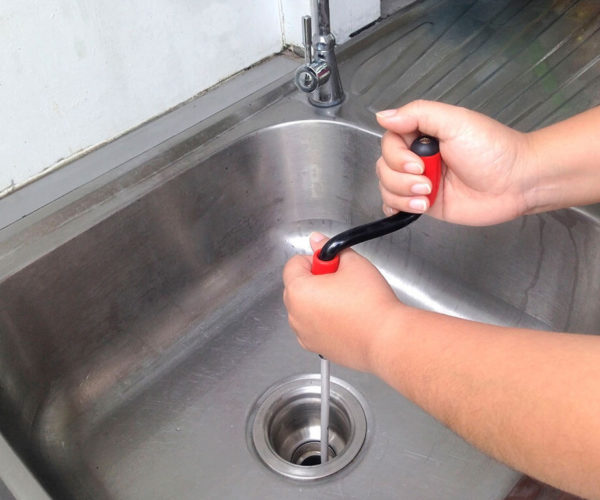 Before panicking about a potential blockage, there are a few common reasons why your kitchen sink may not be draining properly. One possible cause is a clogged P-trap. This is the curved pipe under your sink that traps debris and prevents it from entering your plumbing system. Over time, this P-trap can become blocked with food particles, grease, and other debris, causing water to back up in your sink.
Another possible cause could be a malfunctioning garbage disposal. If you have a garbage disposal unit installed in your sink, it is possible that it is clogged or not functioning properly, which can lead to drainage issues.
Before panicking about a potential blockage, there are a few common reasons why your kitchen sink may not be draining properly. One possible cause is a clogged P-trap. This is the curved pipe under your sink that traps debris and prevents it from entering your plumbing system. Over time, this P-trap can become blocked with food particles, grease, and other debris, causing water to back up in your sink.
Another possible cause could be a malfunctioning garbage disposal. If you have a garbage disposal unit installed in your sink, it is possible that it is clogged or not functioning properly, which can lead to drainage issues.
Simple Solutions to Clear a Kitchen Sink Blockage
 If there is no visible blockage in your P-trap or garbage disposal, there are a few simple solutions you can try before calling a plumber. First, try using a plunger to dislodge any debris that may be causing the blockage. If that doesn't work, you can try pouring a mixture of hot water and dish soap down the drain to break down any grease or food particles.
If these methods do not work, you may need to use a drain snake or call a professional plumber to clear the blockage. In some cases, the blockage may be further down in your plumbing system and require specialized tools to remove.
If there is no visible blockage in your P-trap or garbage disposal, there are a few simple solutions you can try before calling a plumber. First, try using a plunger to dislodge any debris that may be causing the blockage. If that doesn't work, you can try pouring a mixture of hot water and dish soap down the drain to break down any grease or food particles.
If these methods do not work, you may need to use a drain snake or call a professional plumber to clear the blockage. In some cases, the blockage may be further down in your plumbing system and require specialized tools to remove.
Preventing Future Kitchen Sink Drainage Issues
 To avoid future kitchen sink drainage issues, it is important to properly maintain your sink and avoid putting anything down the drain that could cause a blockage. This includes cooking oils, grease, and large food particles. You can also regularly clean your P-trap and garbage disposal unit to prevent buildup and blockages.
In addition, consider installing a drain strainer in your sink to catch any large debris and prevent it from entering your plumbing system. Regularly using a mixture of hot water and vinegar can also help keep your drains clear and prevent blockages.
To avoid future kitchen sink drainage issues, it is important to properly maintain your sink and avoid putting anything down the drain that could cause a blockage. This includes cooking oils, grease, and large food particles. You can also regularly clean your P-trap and garbage disposal unit to prevent buildup and blockages.
In addition, consider installing a drain strainer in your sink to catch any large debris and prevent it from entering your plumbing system. Regularly using a mixture of hot water and vinegar can also help keep your drains clear and prevent blockages.
Conclusion
 A kitchen sink not draining can be a frustrating and messy problem to deal with. However, with a little knowledge and some simple solutions, you can easily address the issue and prevent it from happening in the future. Remember to properly maintain your sink and be cautious of what you put down the drain to avoid any future blockages. If the problem persists, don't hesitate to call a professional plumber for assistance.
A kitchen sink not draining can be a frustrating and messy problem to deal with. However, with a little knowledge and some simple solutions, you can easily address the issue and prevent it from happening in the future. Remember to properly maintain your sink and be cautious of what you put down the drain to avoid any future blockages. If the problem persists, don't hesitate to call a professional plumber for assistance.



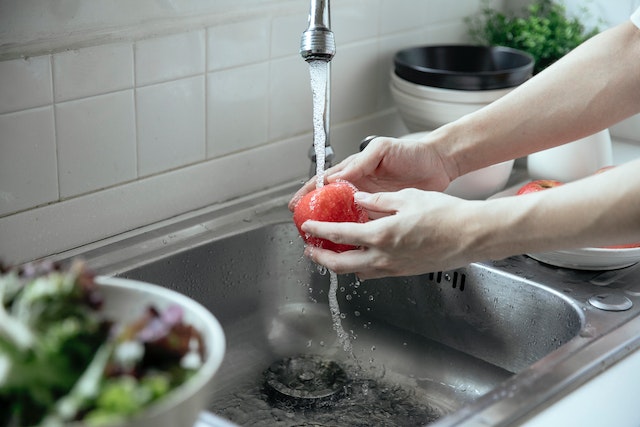


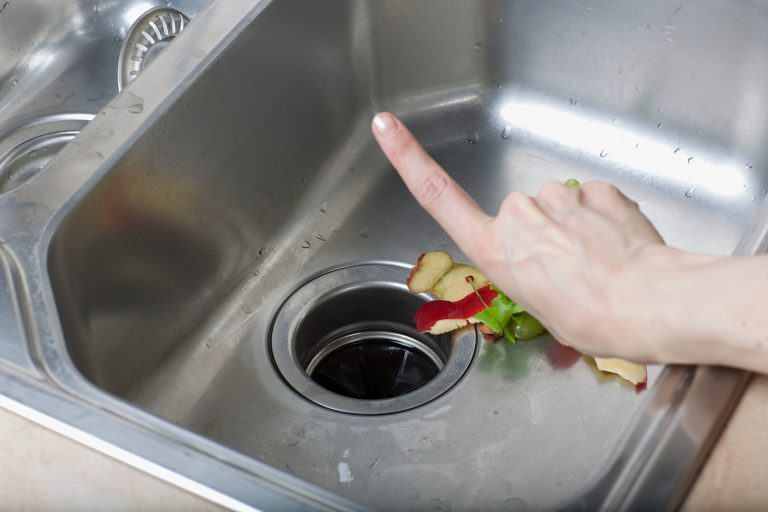







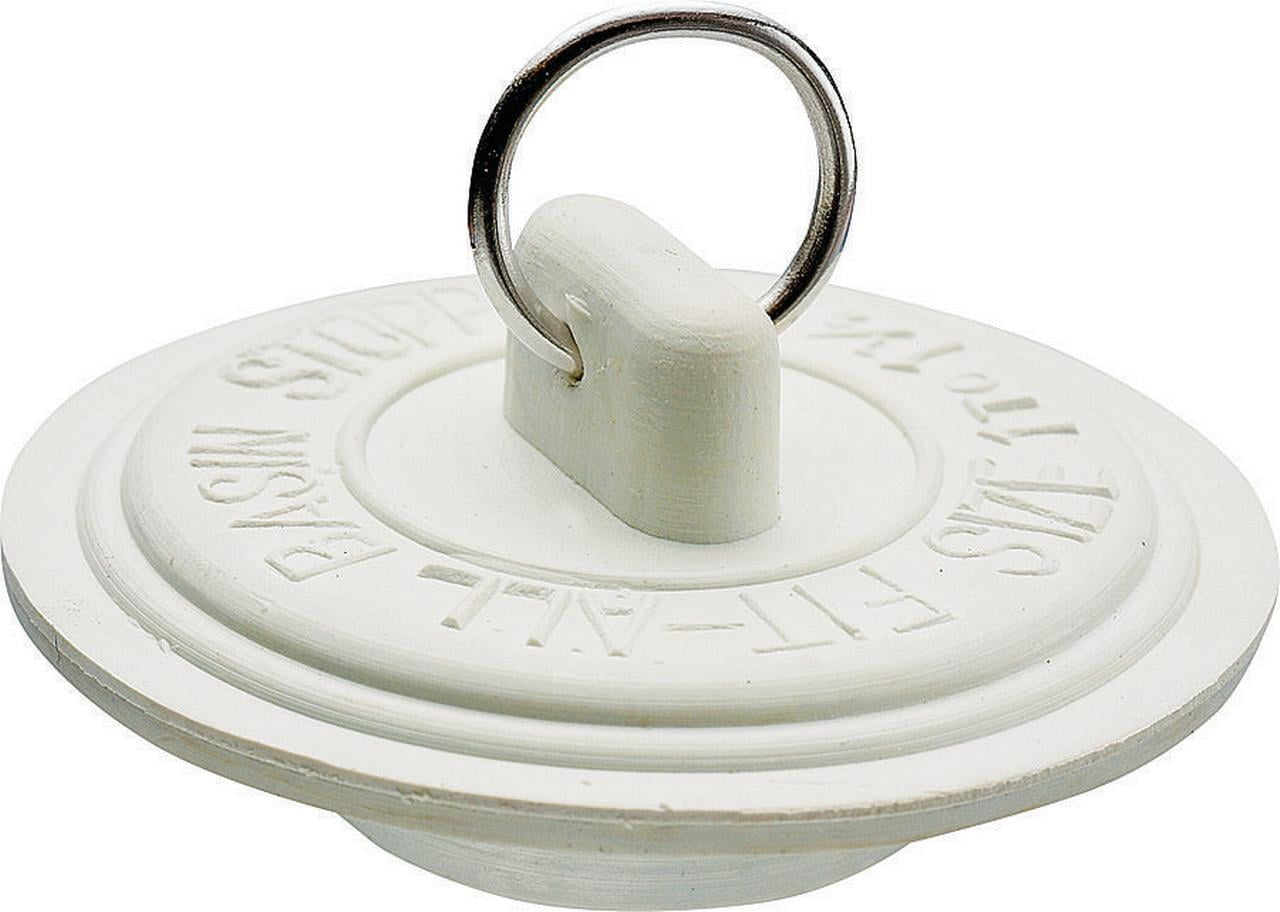


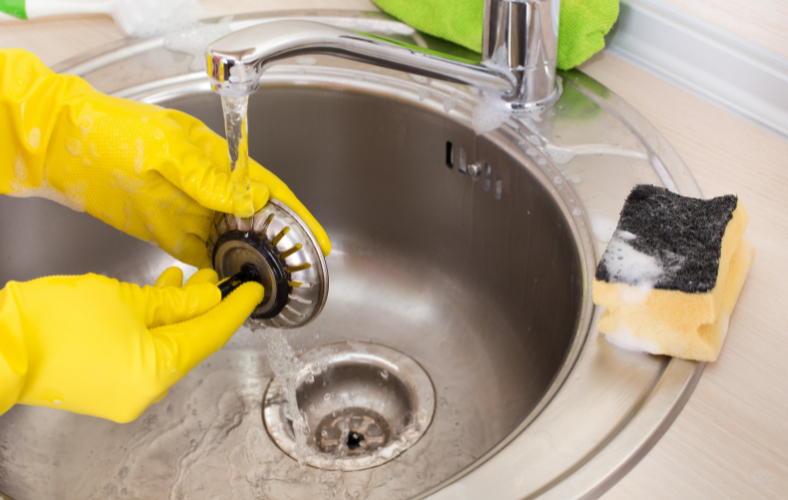

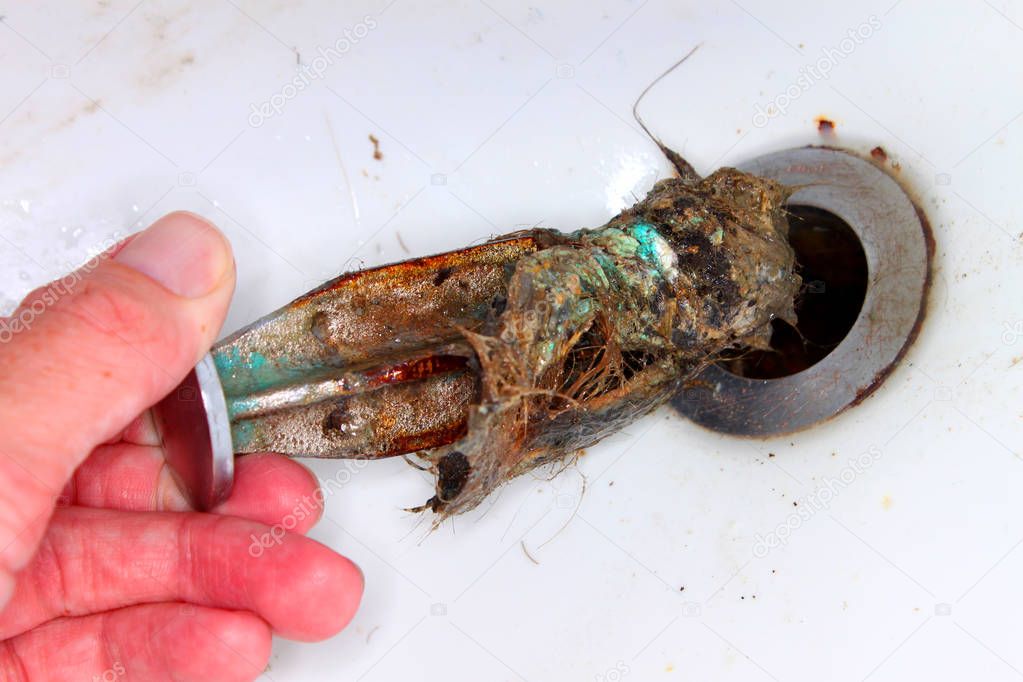



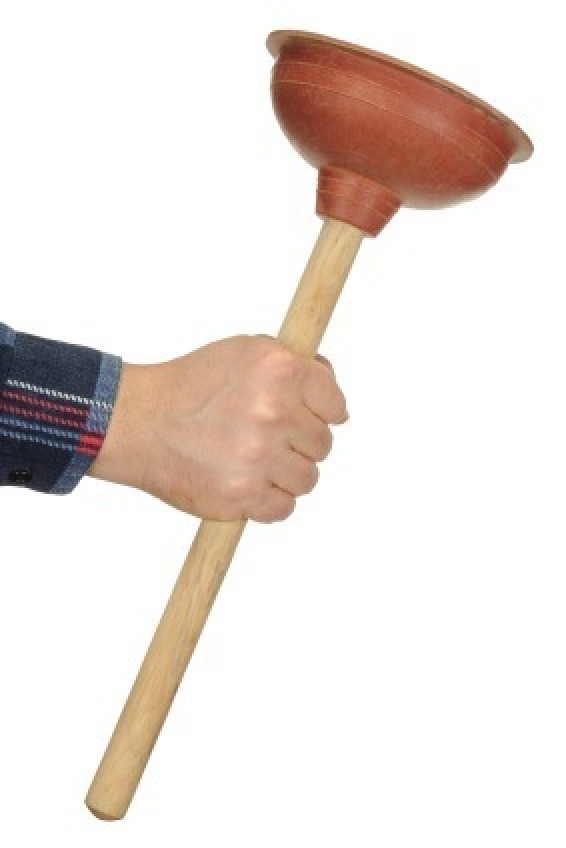
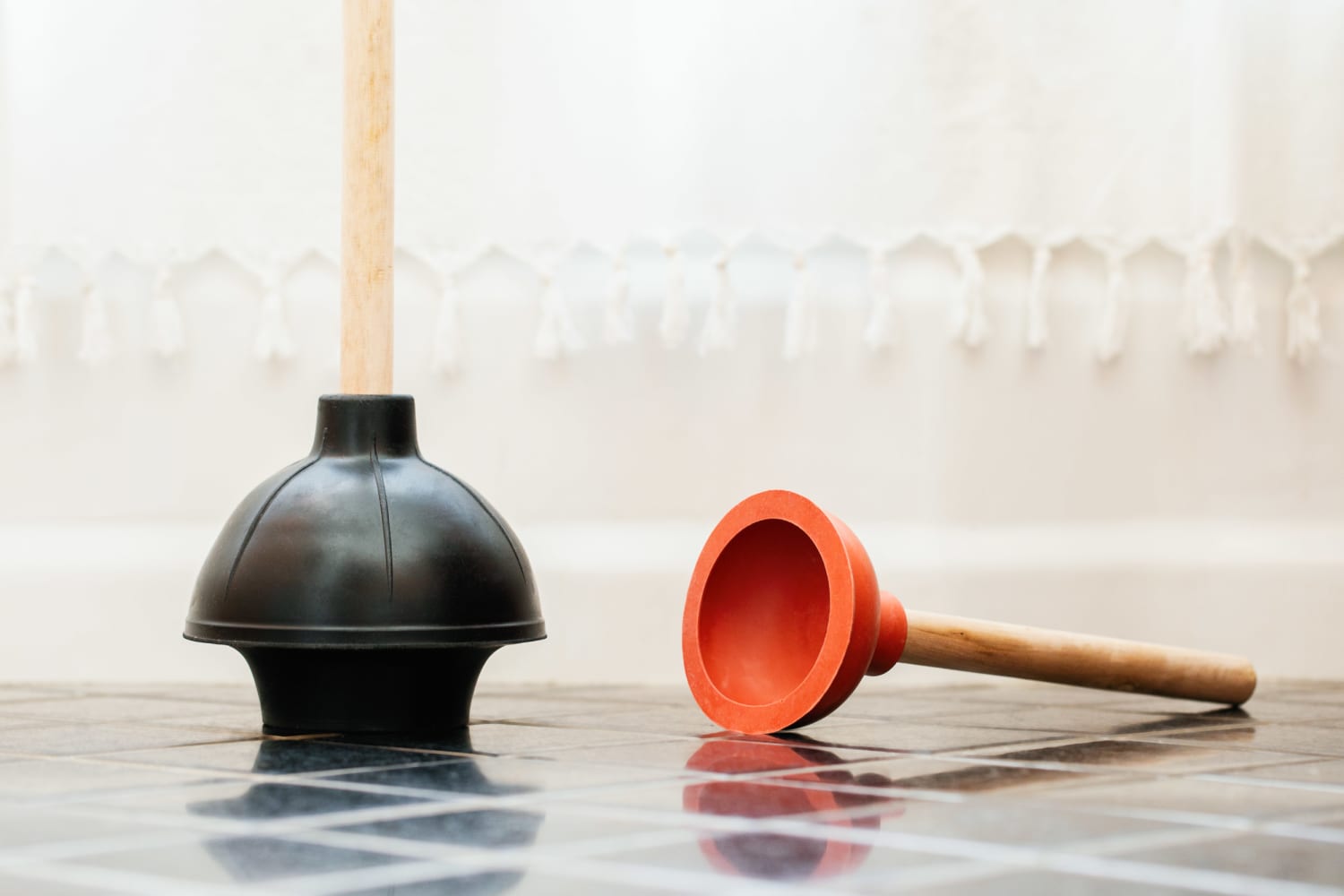
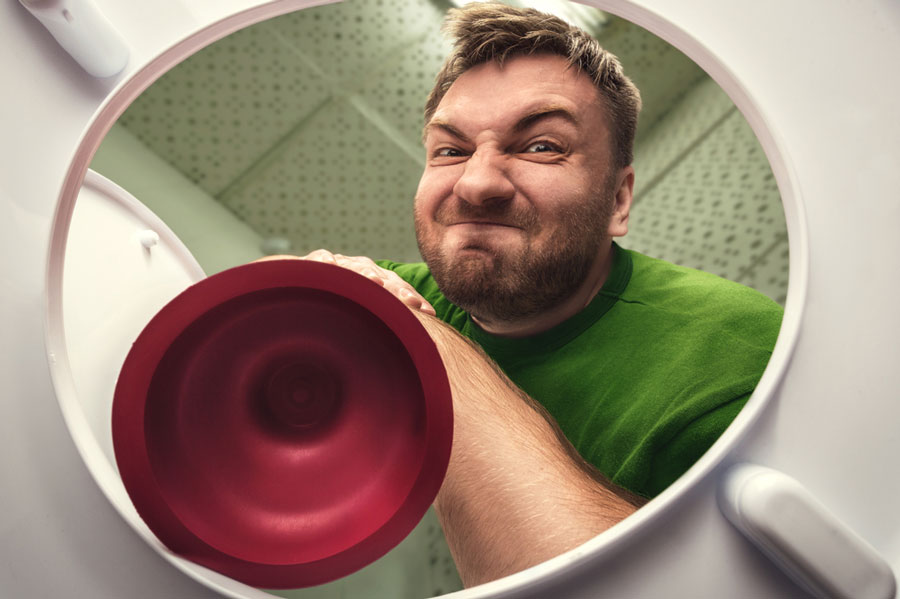

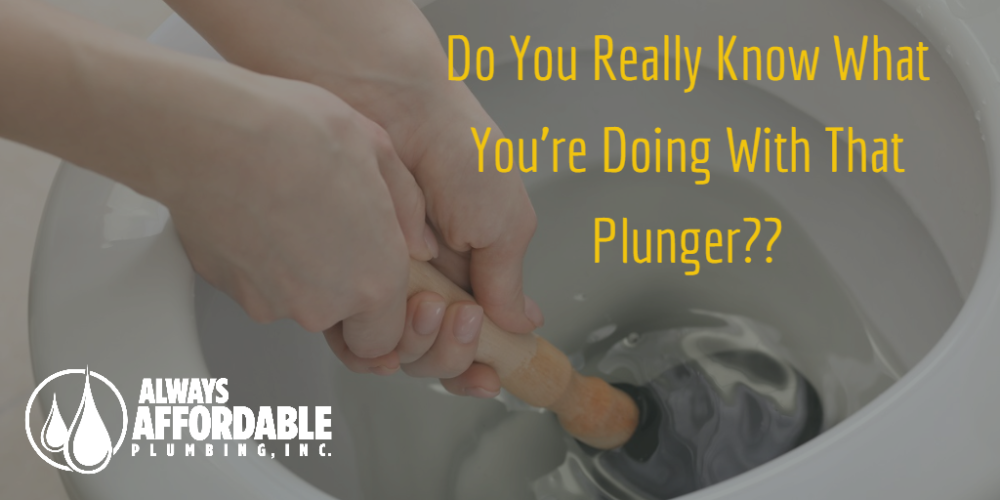



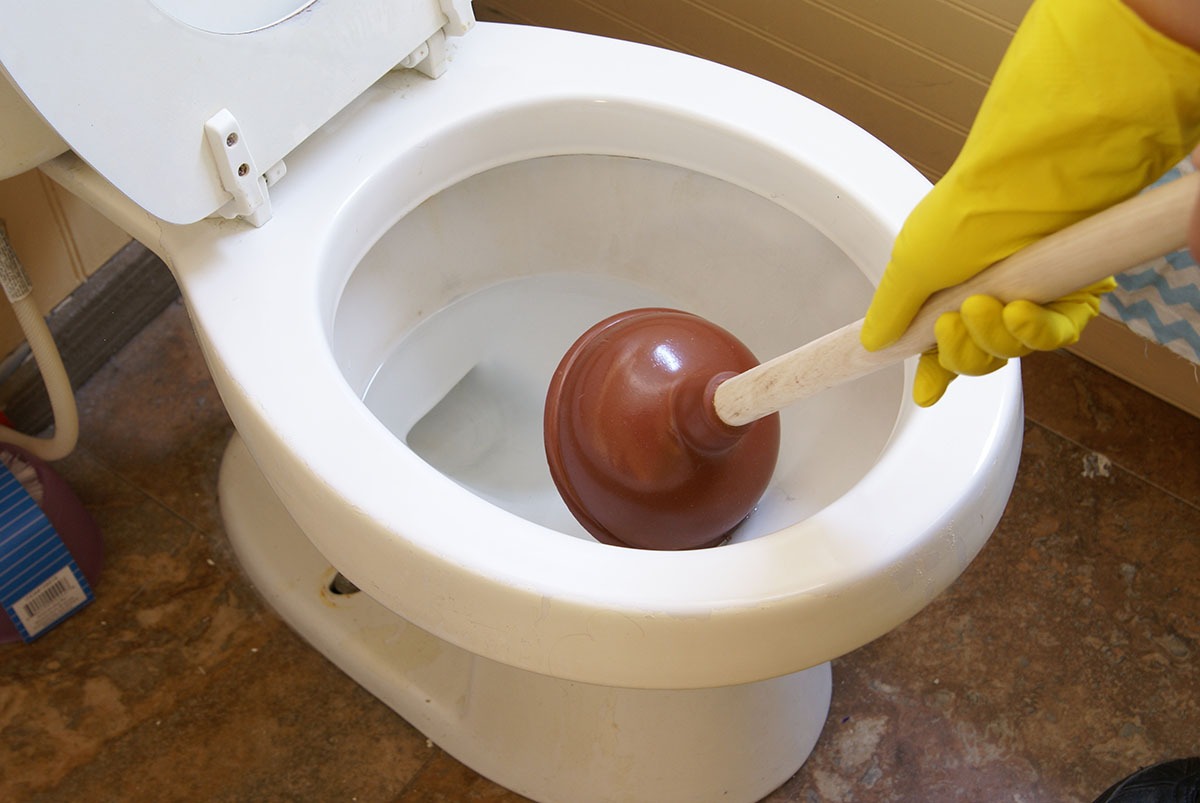

:max_bytes(150000):strip_icc()/toilette-plunger--92314164-873564a34a3441058f00a8d6fc1f0441.jpg)
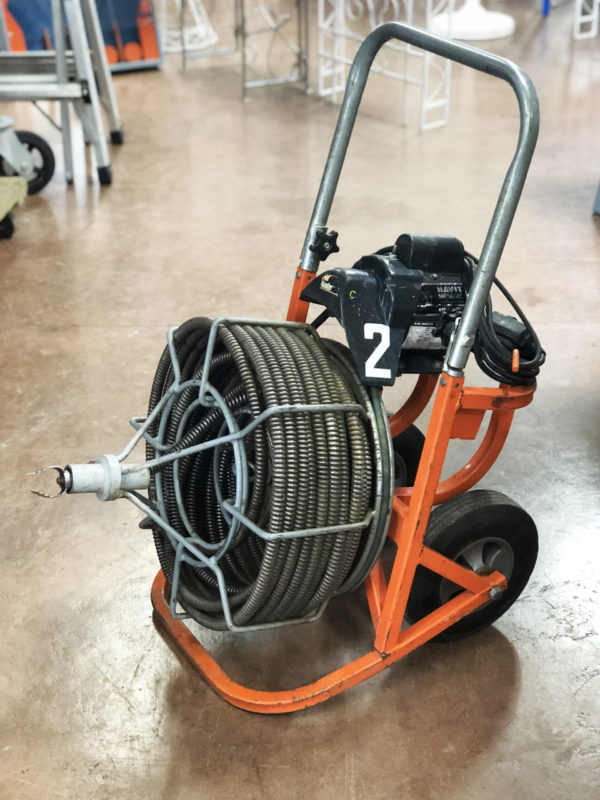


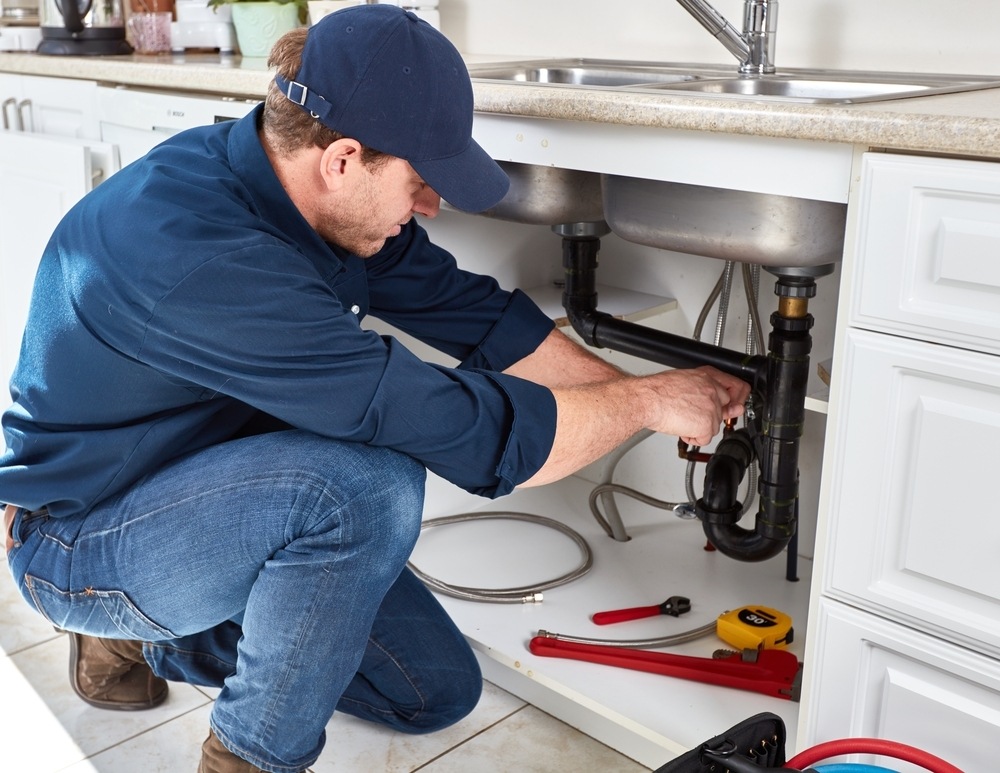
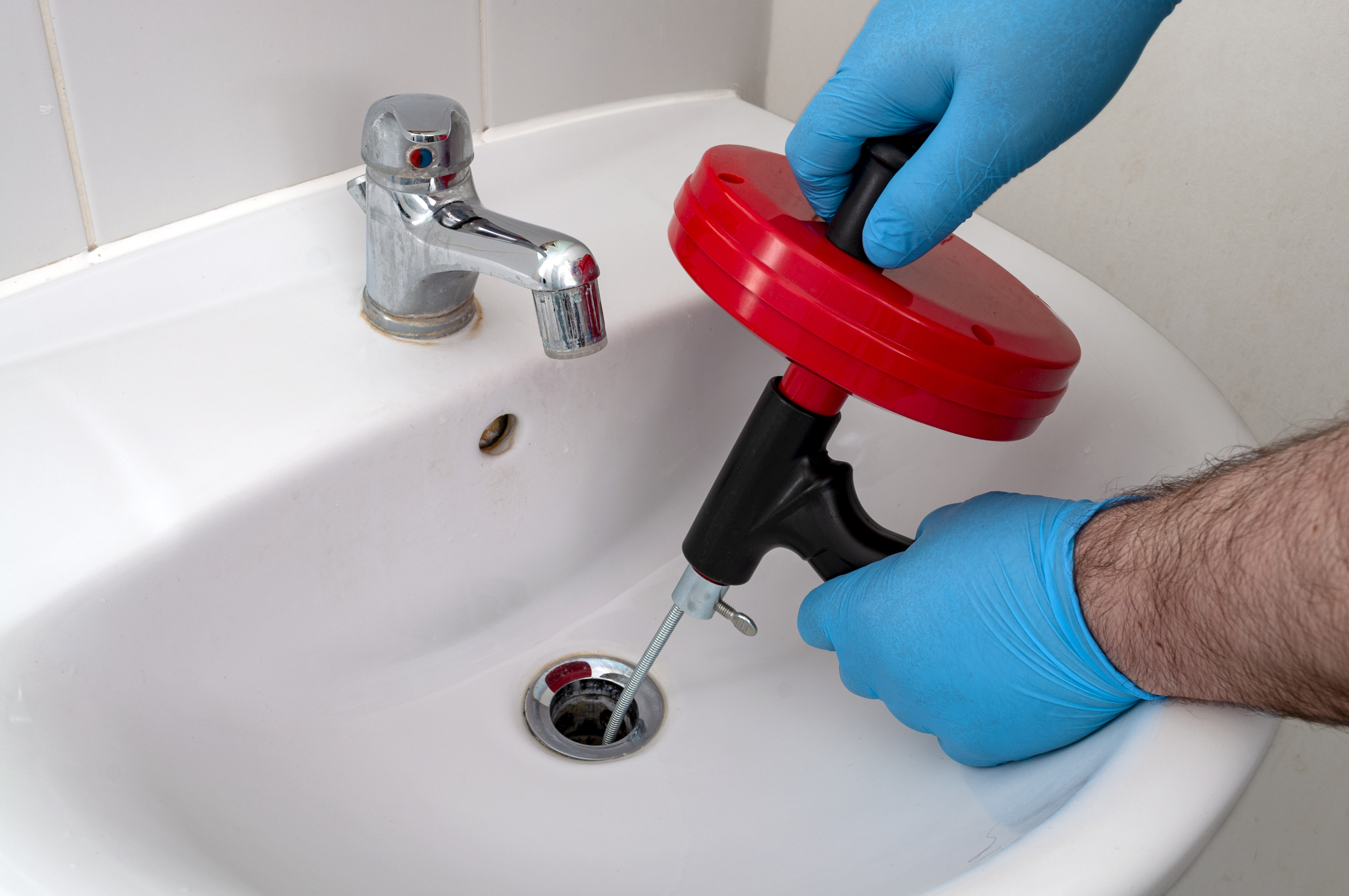
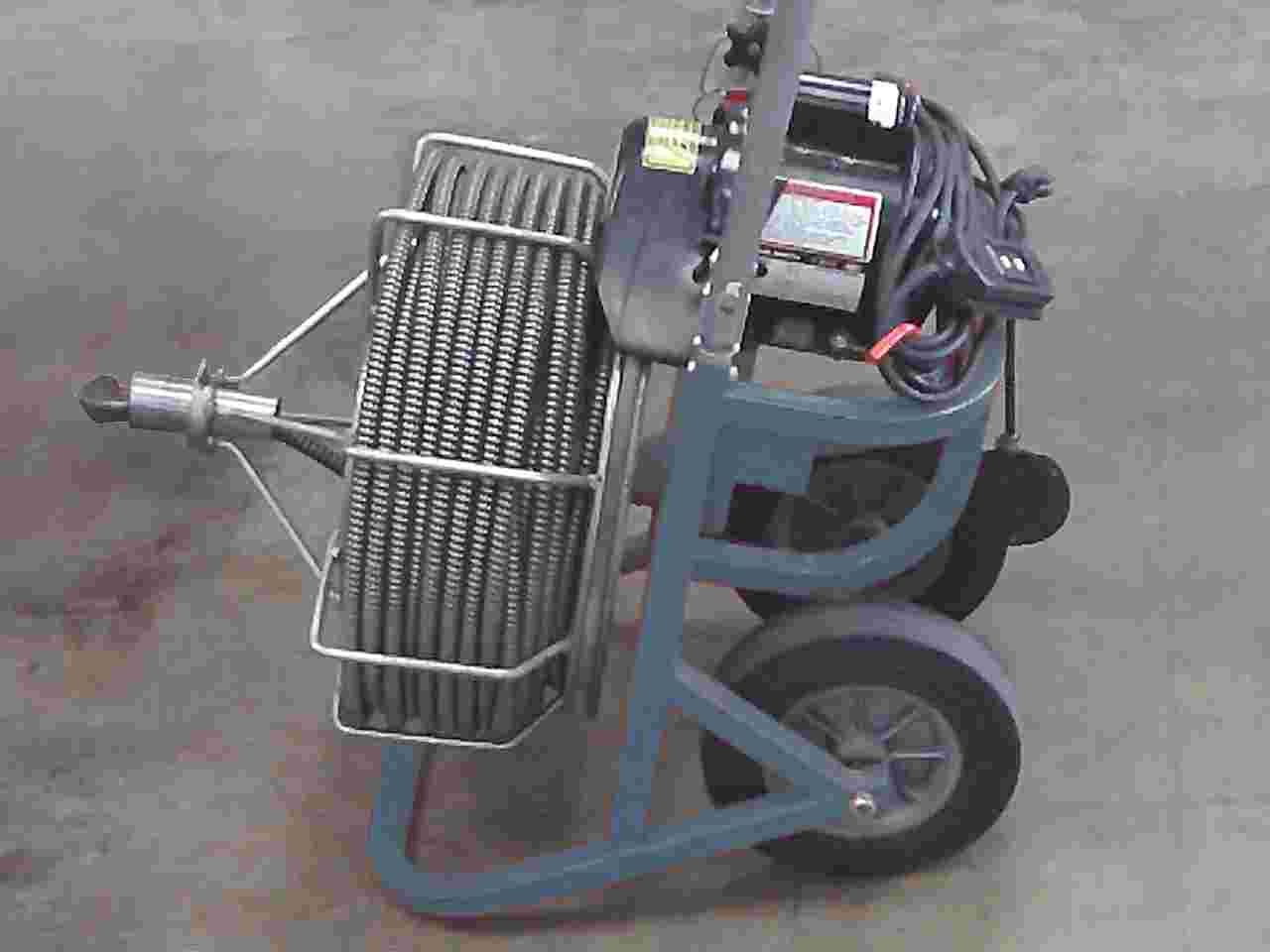

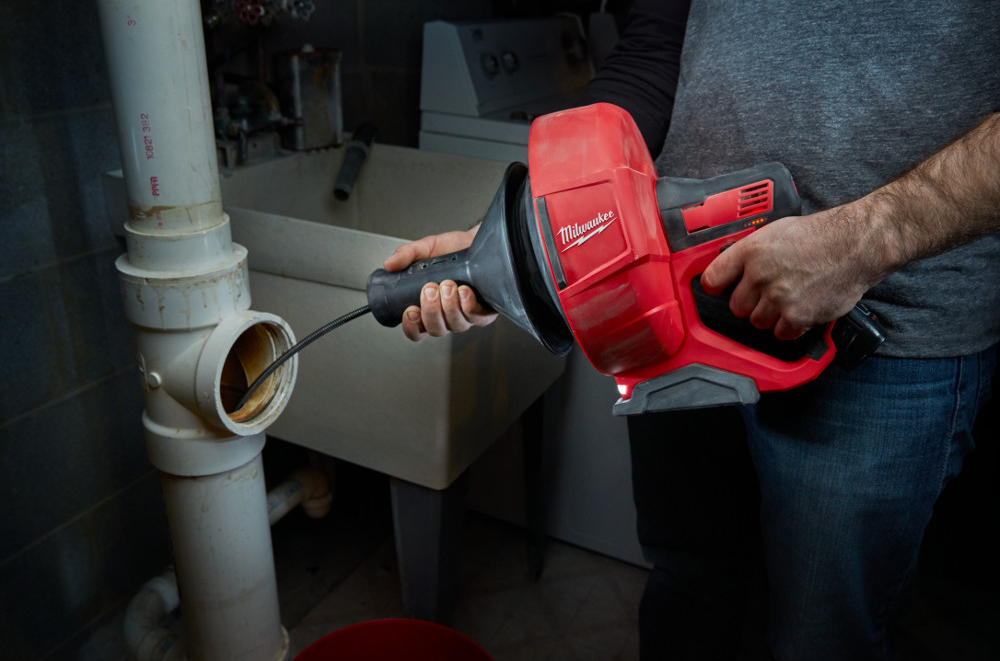

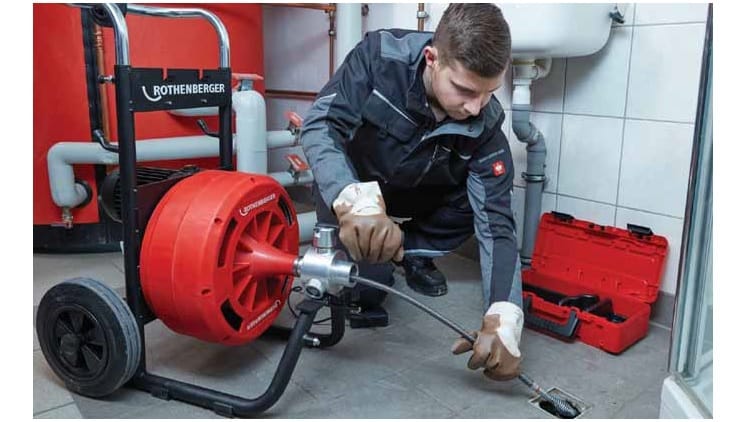




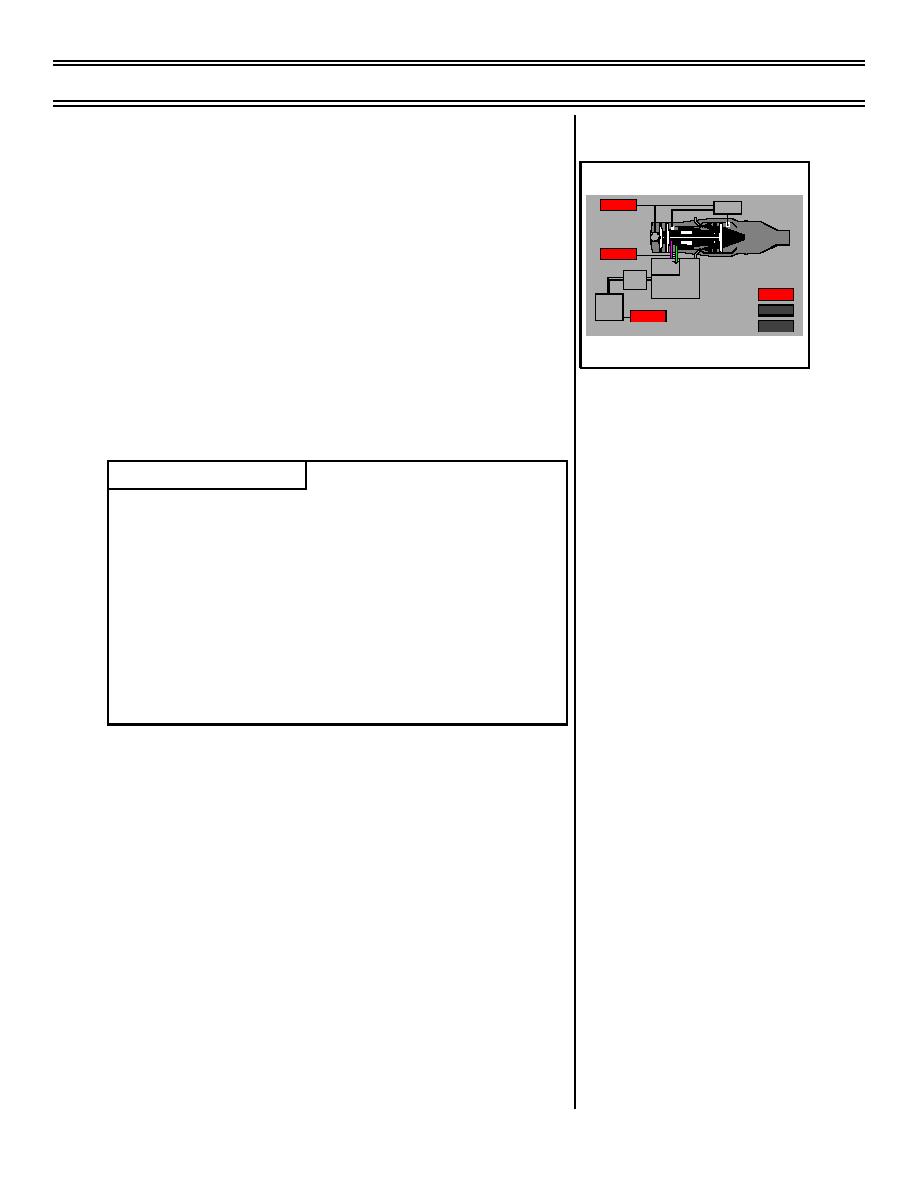

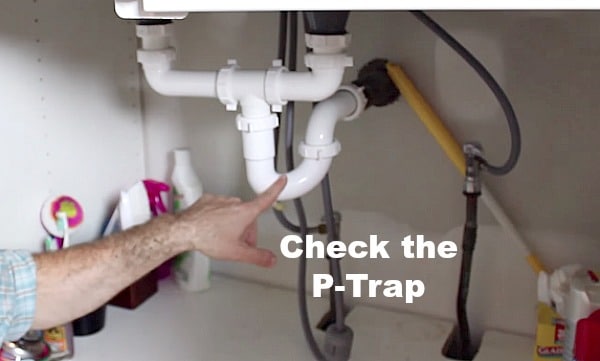
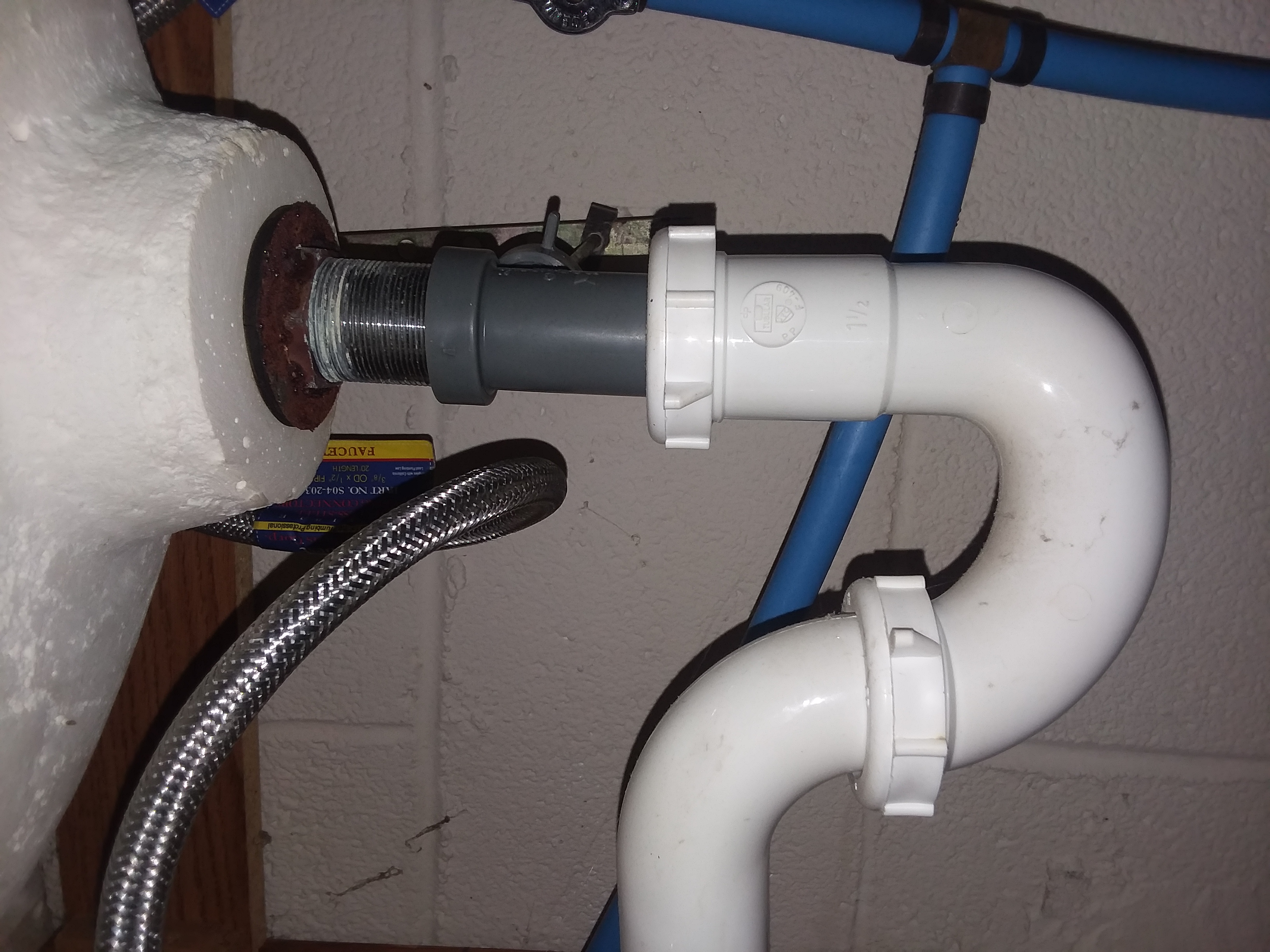


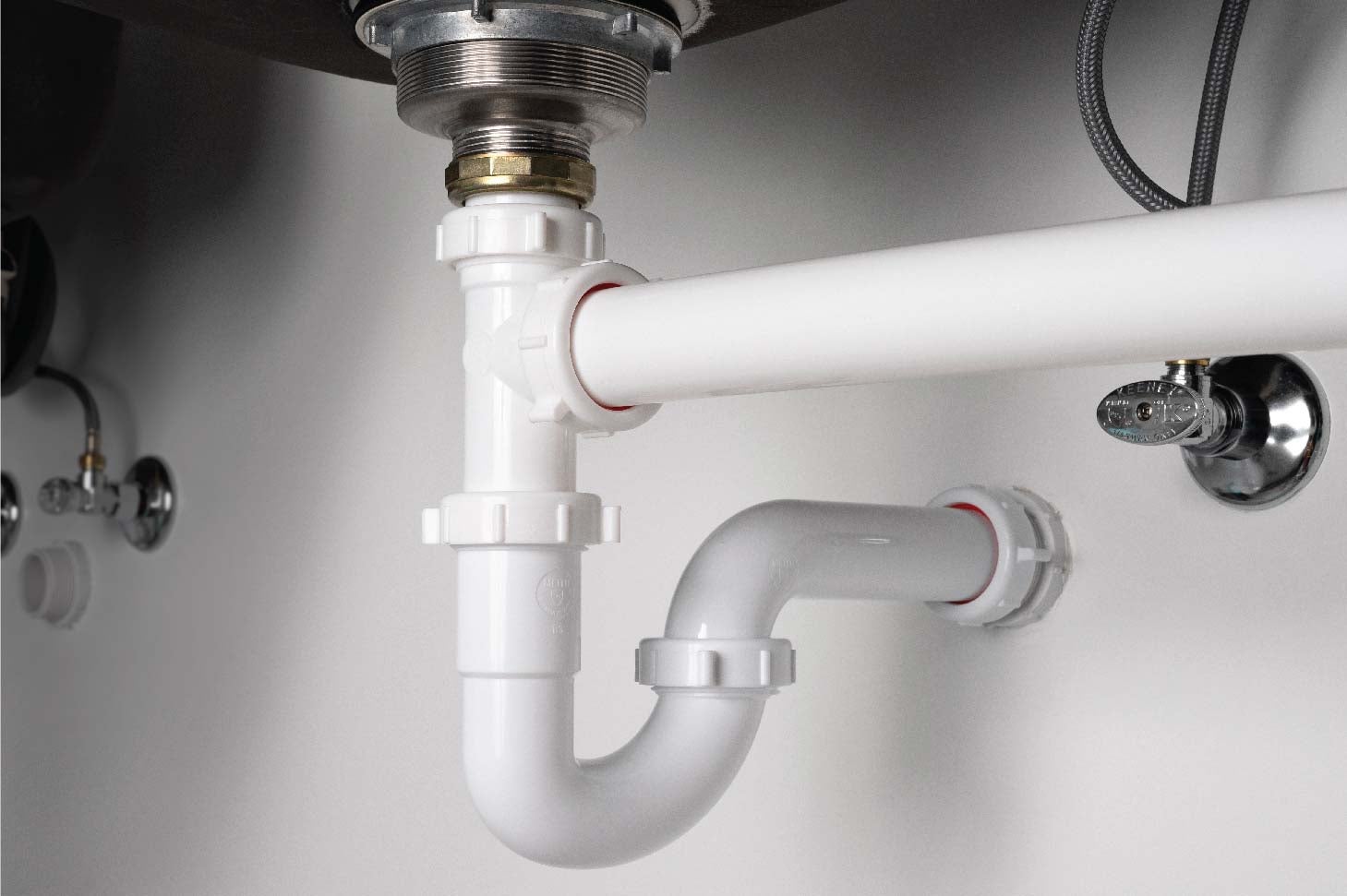
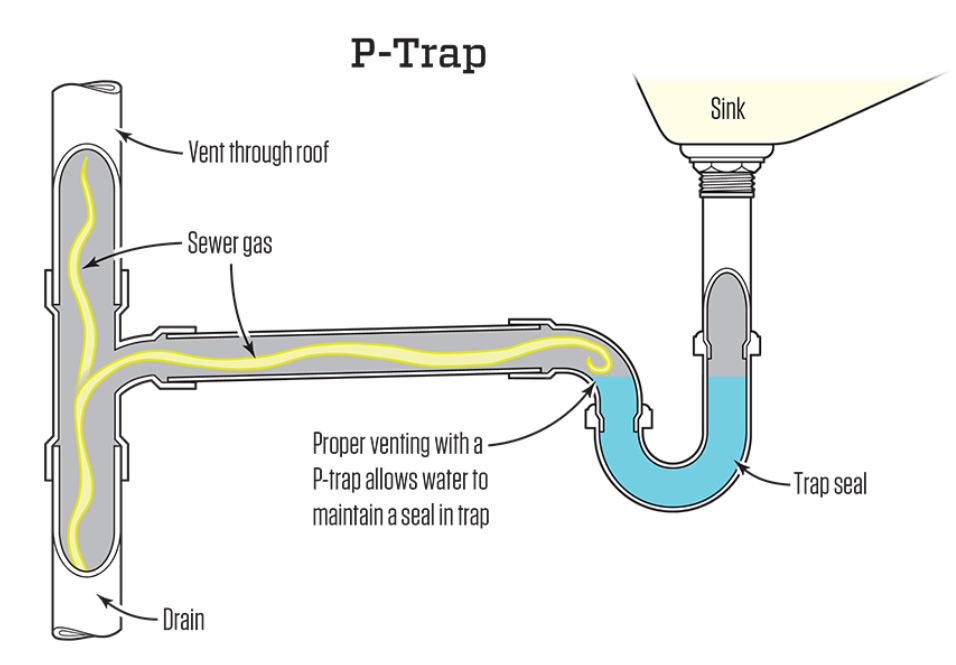
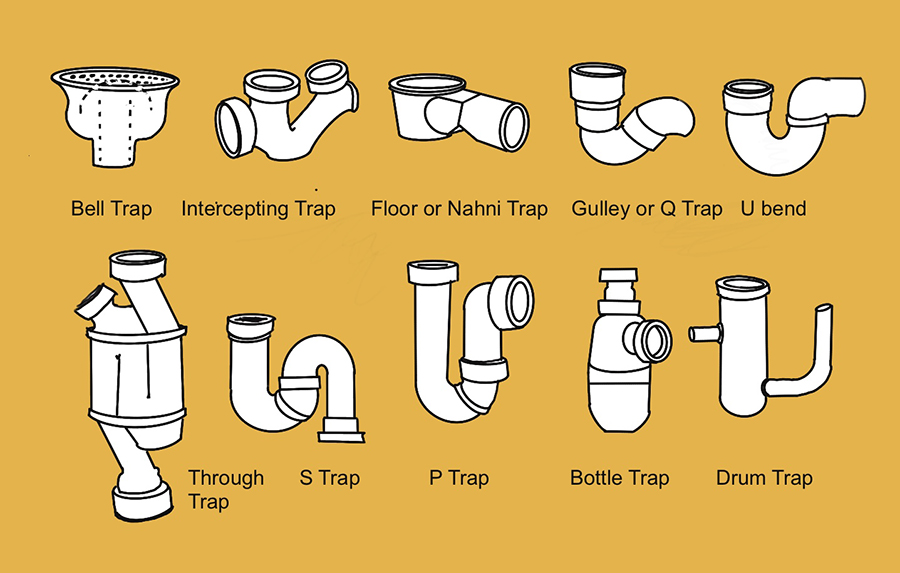

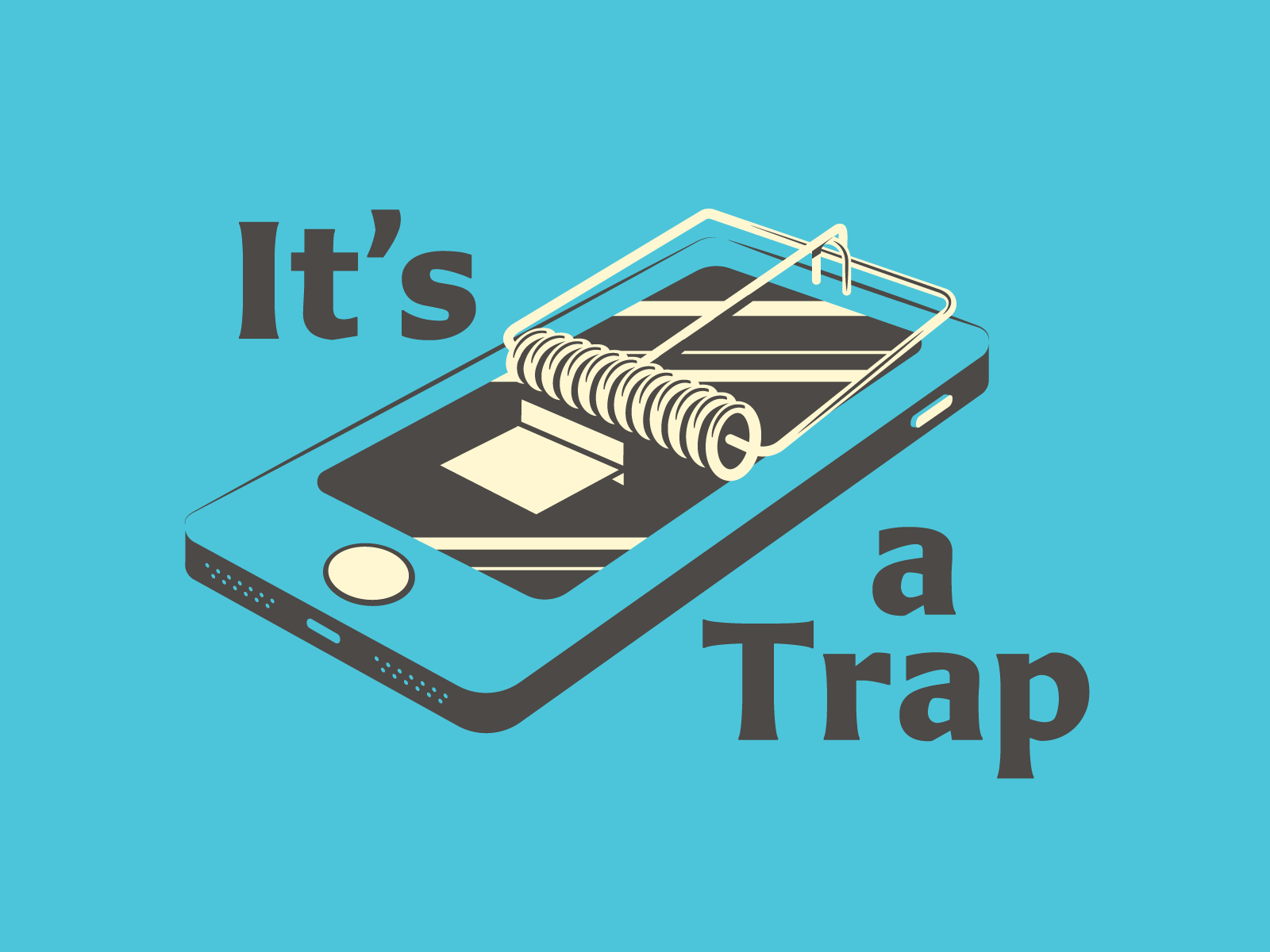



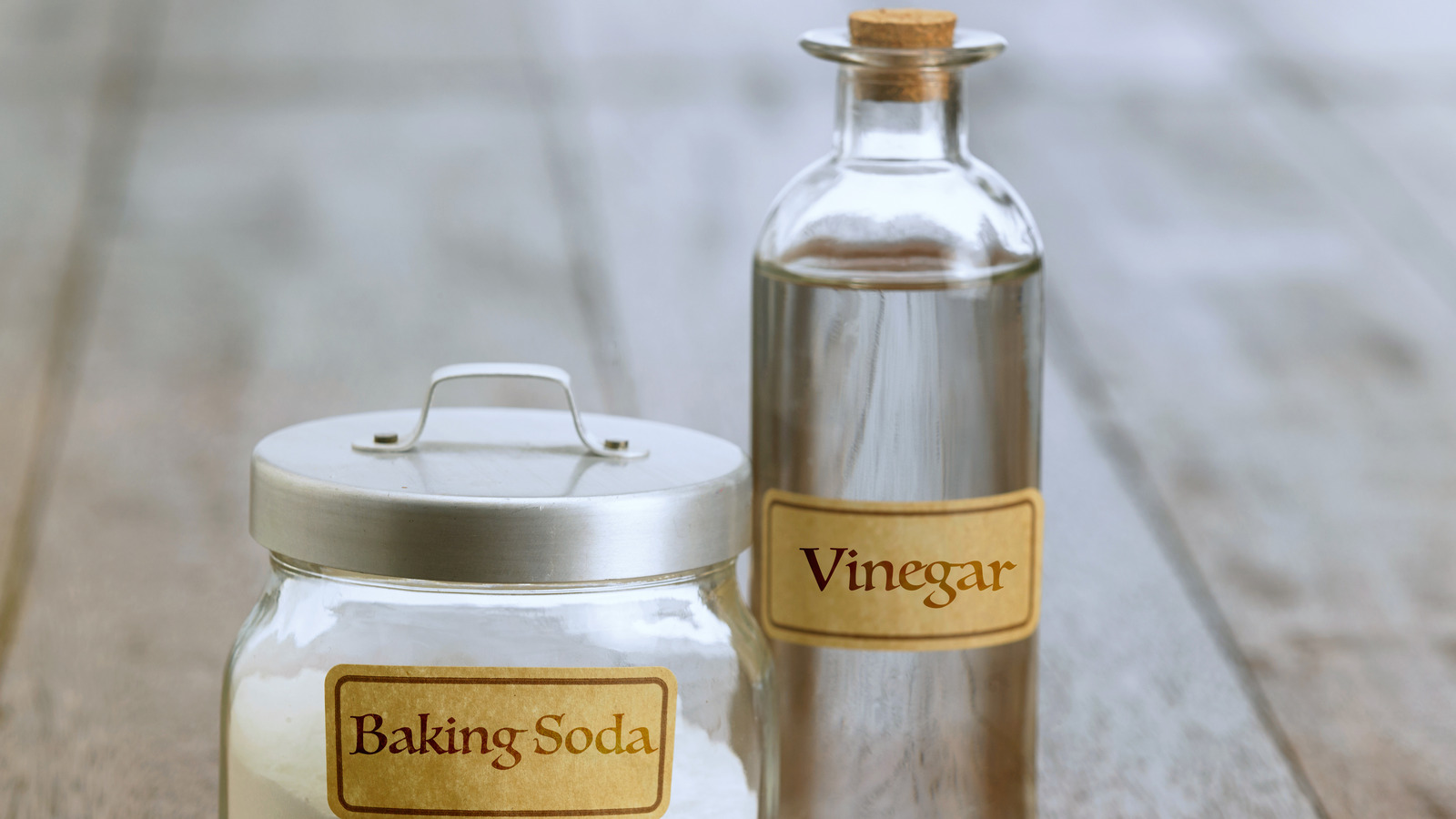







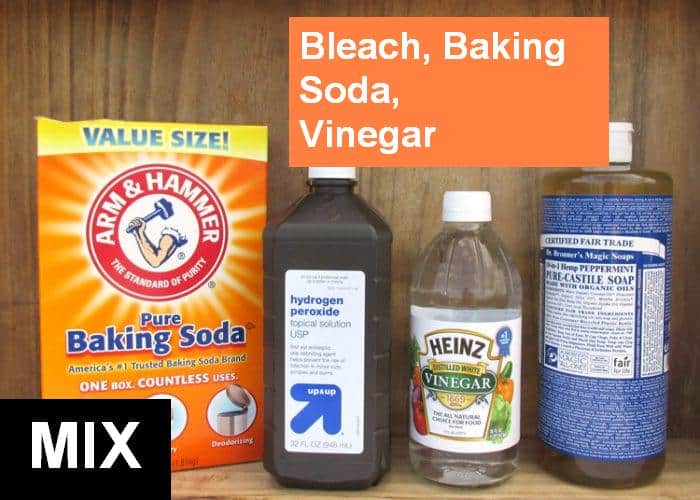


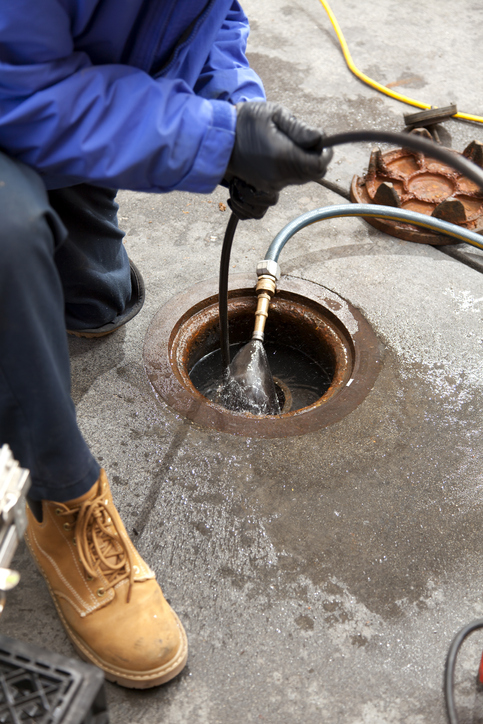
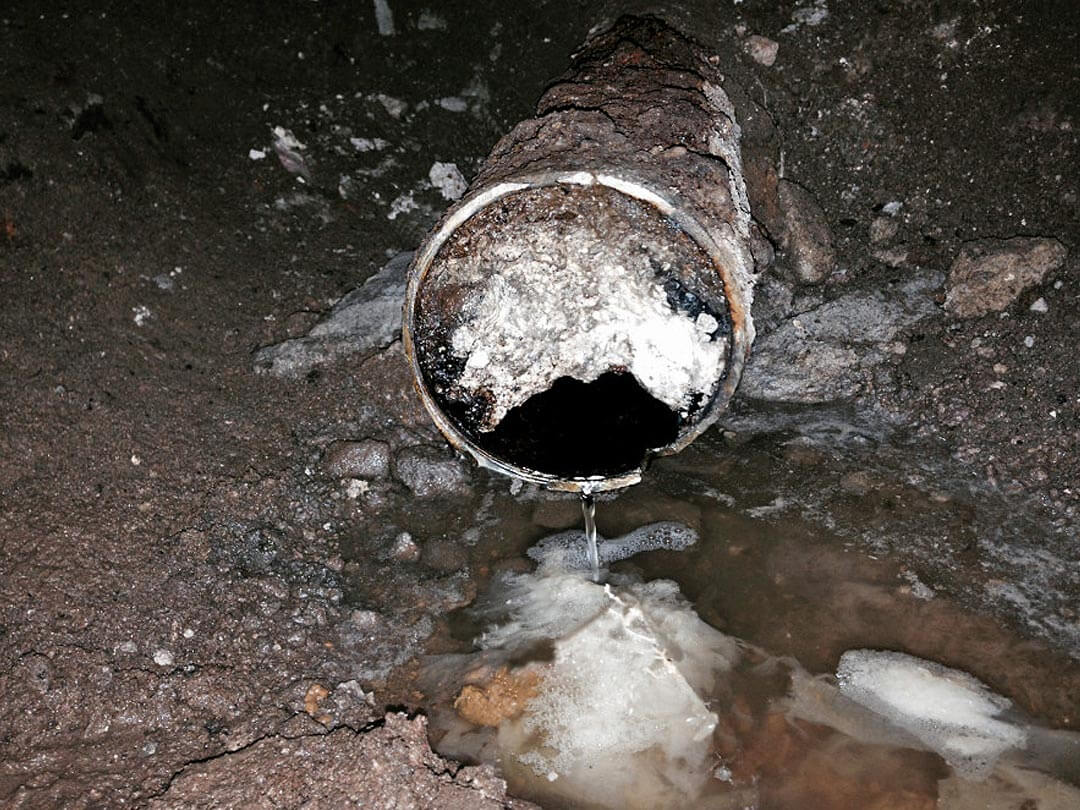


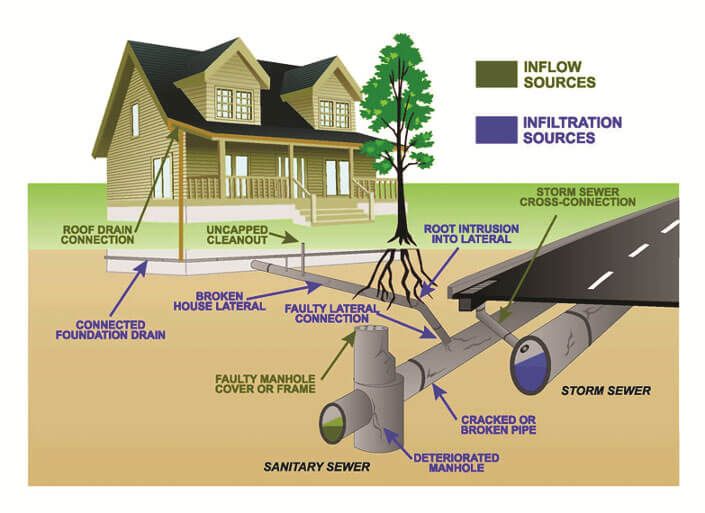

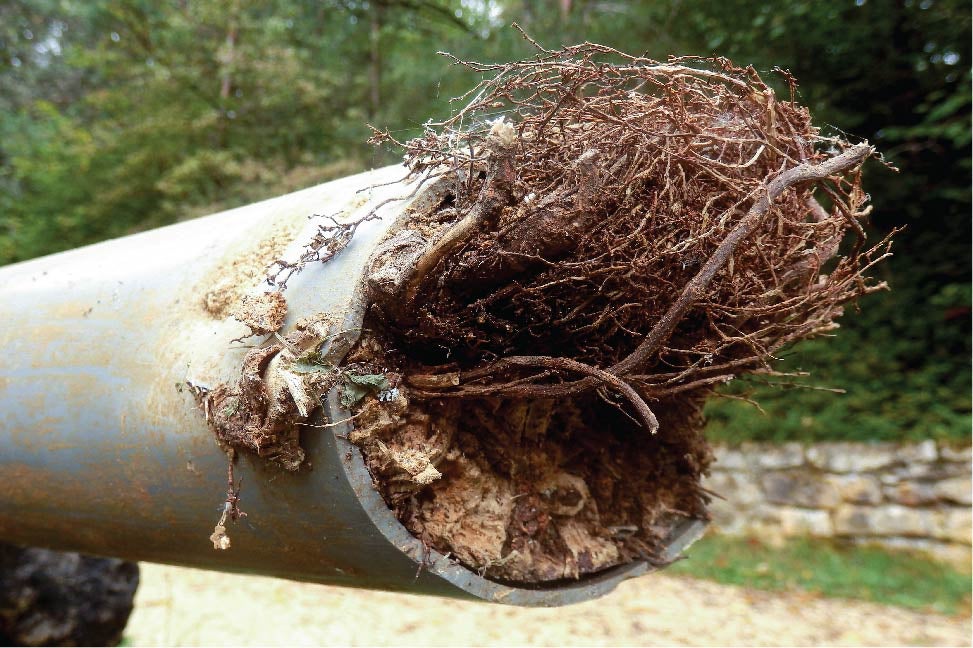









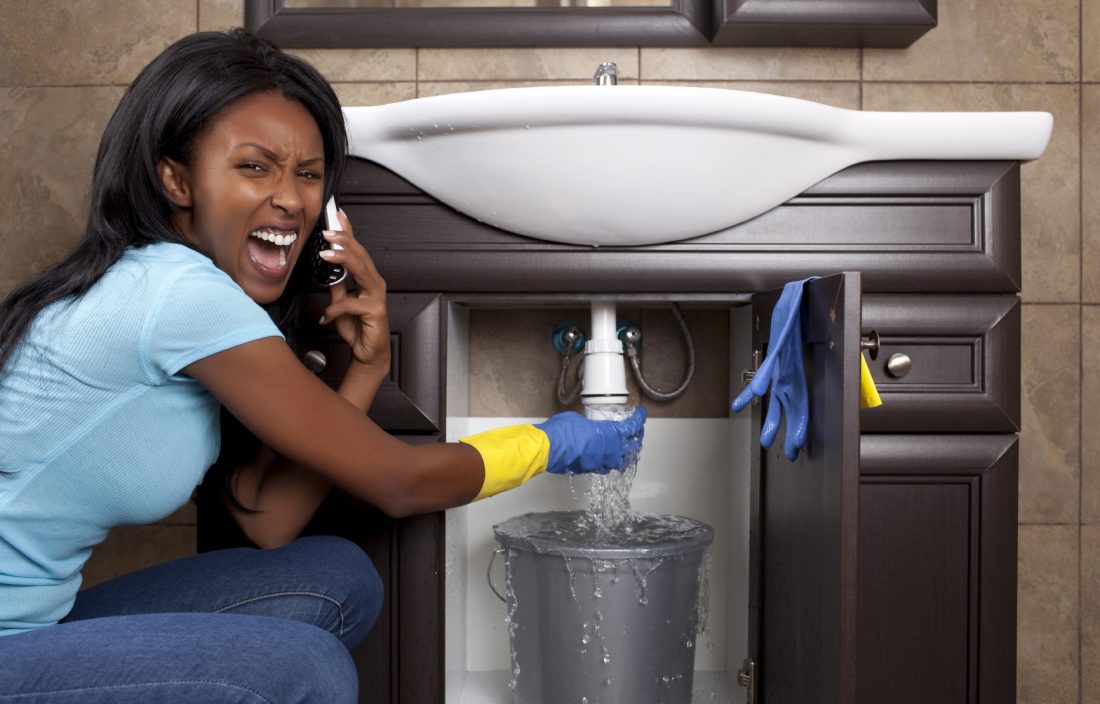







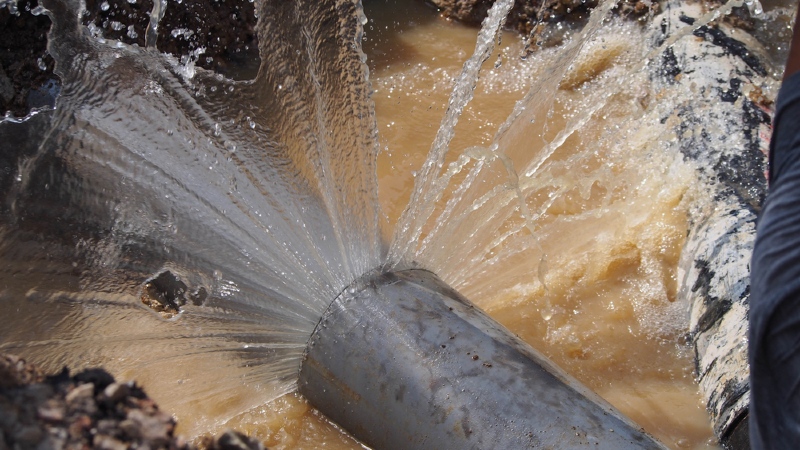



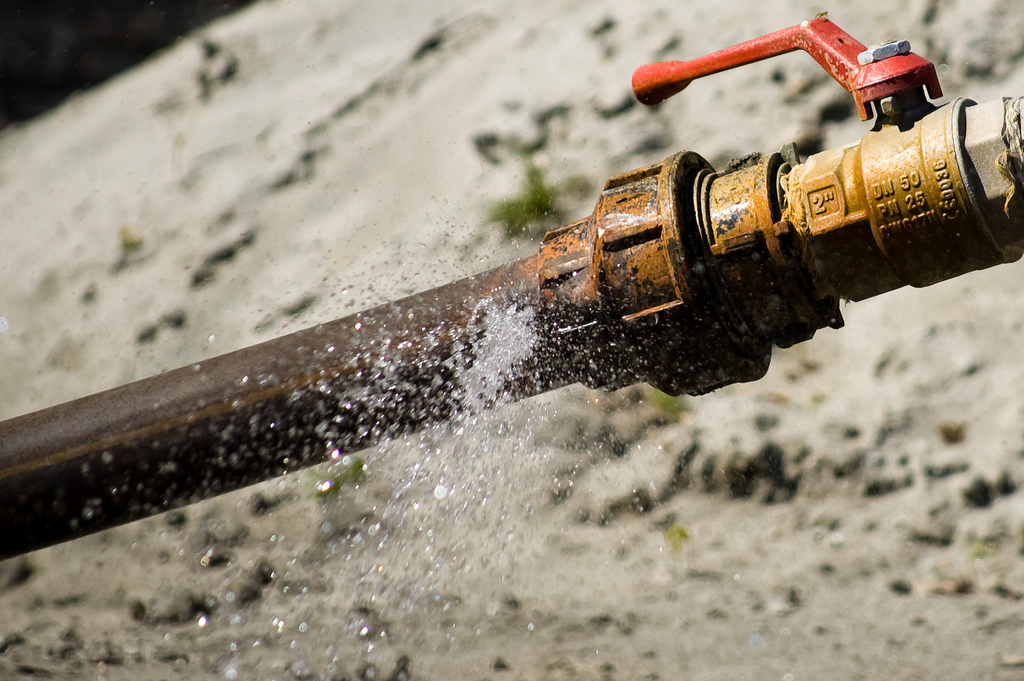





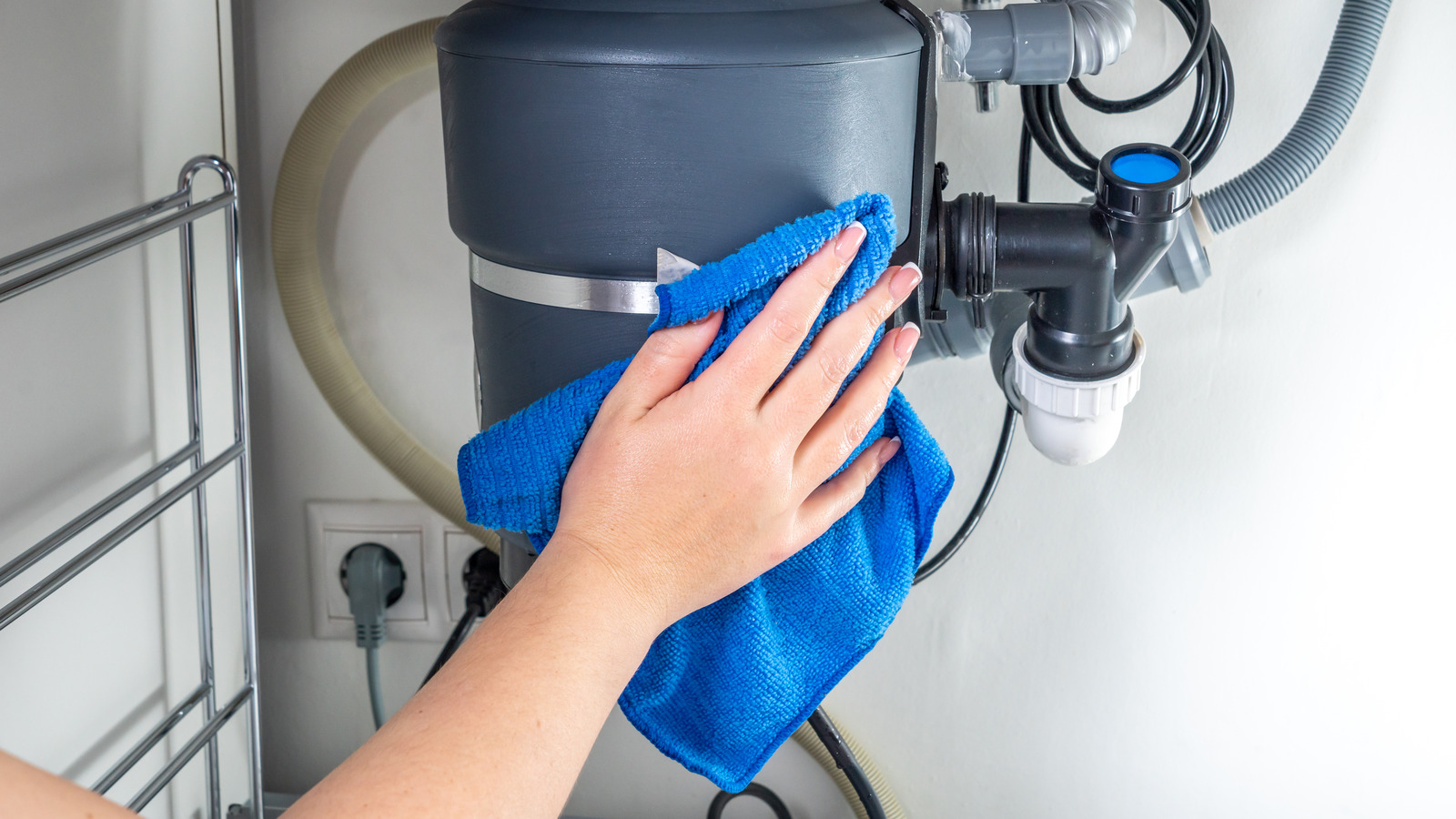

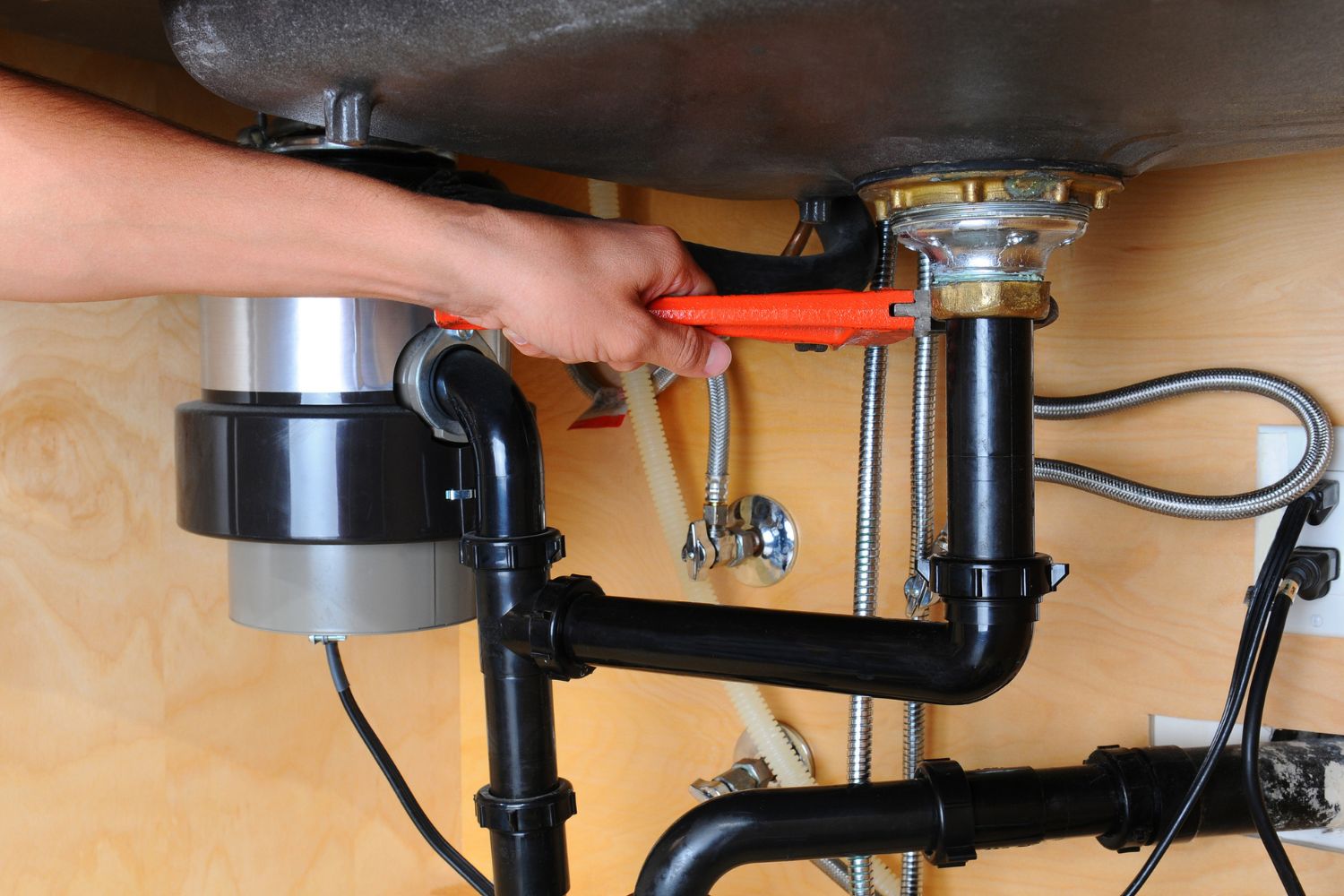


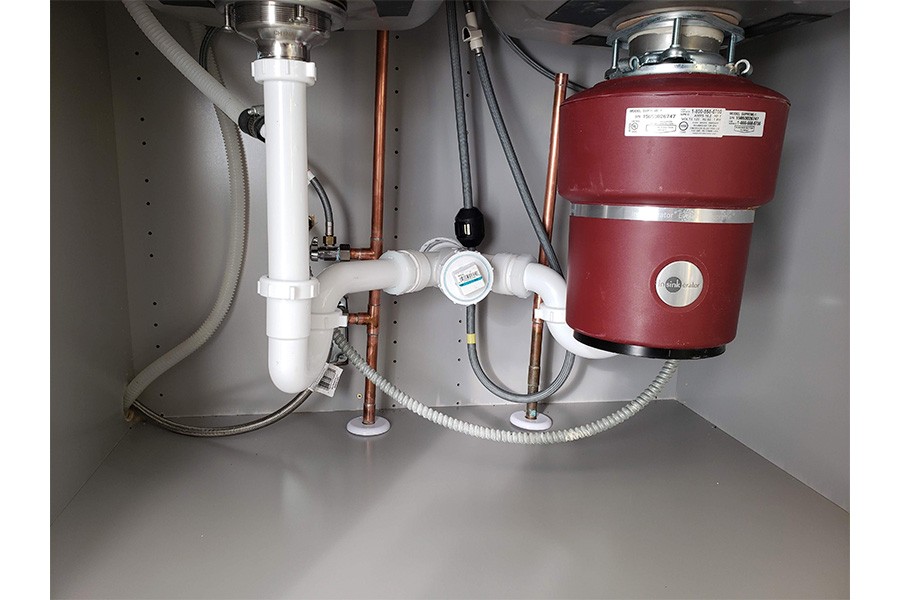
:max_bytes(150000):strip_icc()/garbage-disposal-installation-1824830-01-73cf0263b344447488ed8e15f7f2bc78.jpg)







